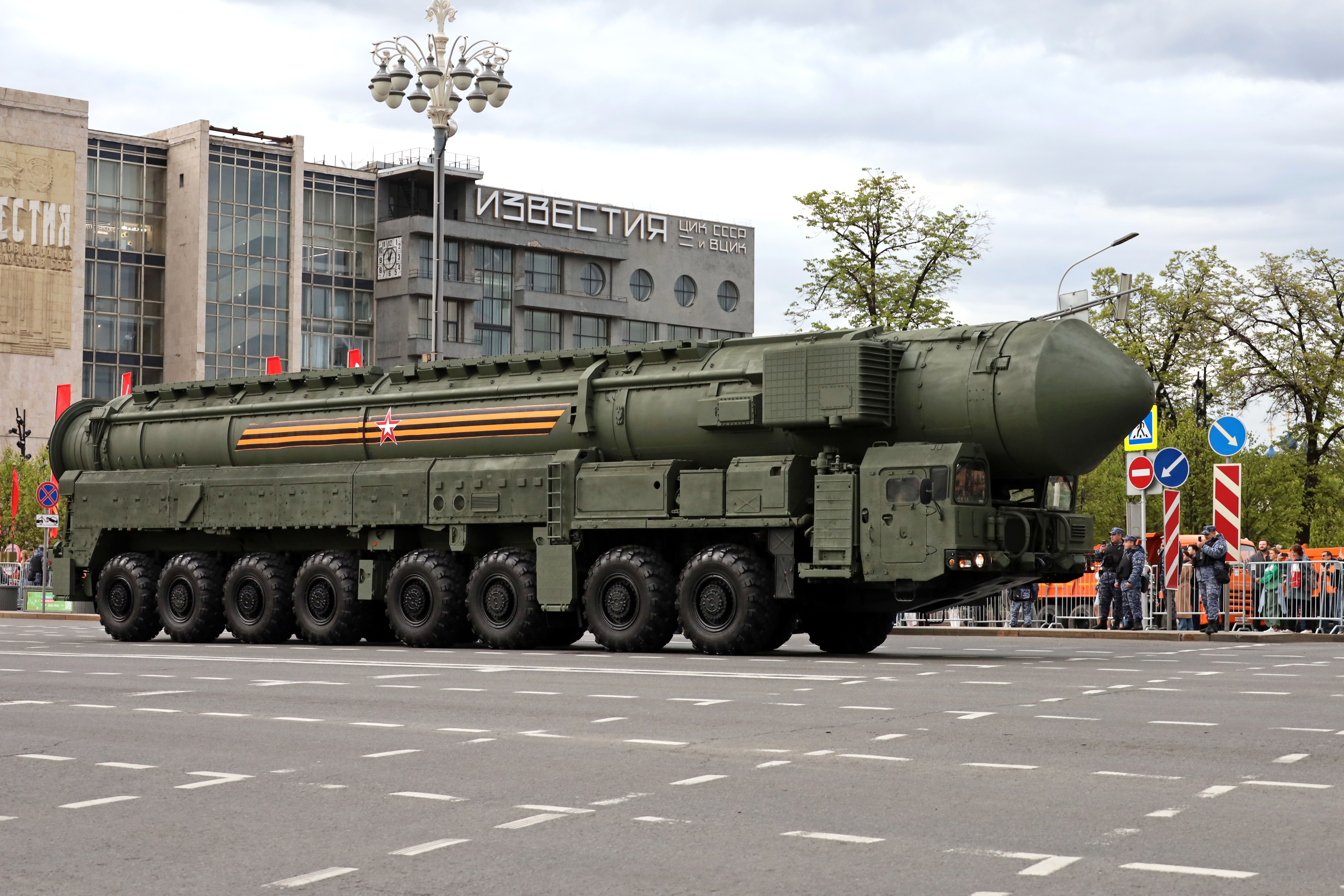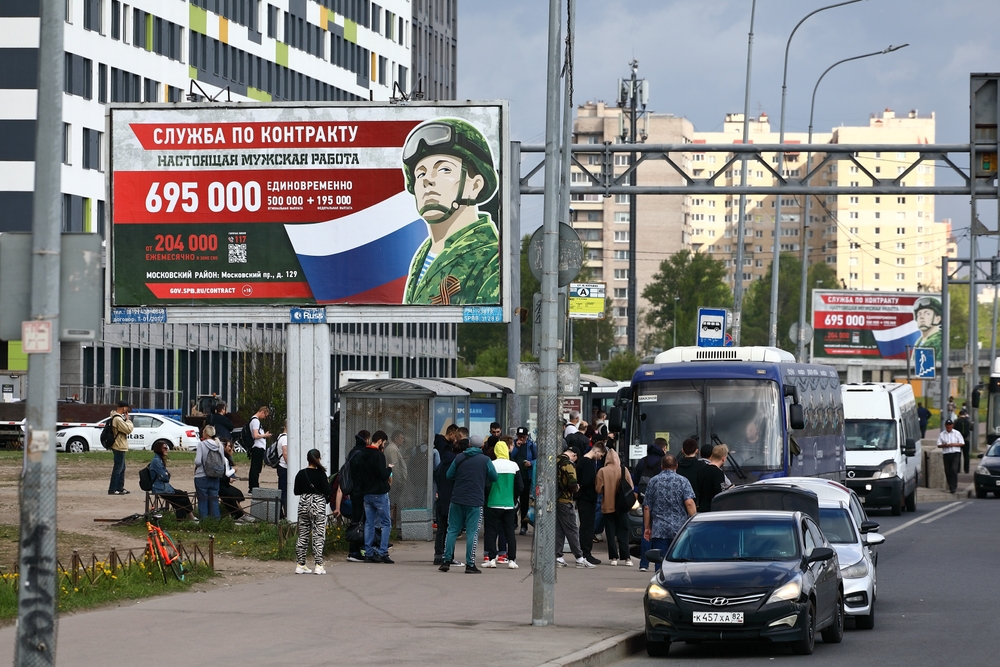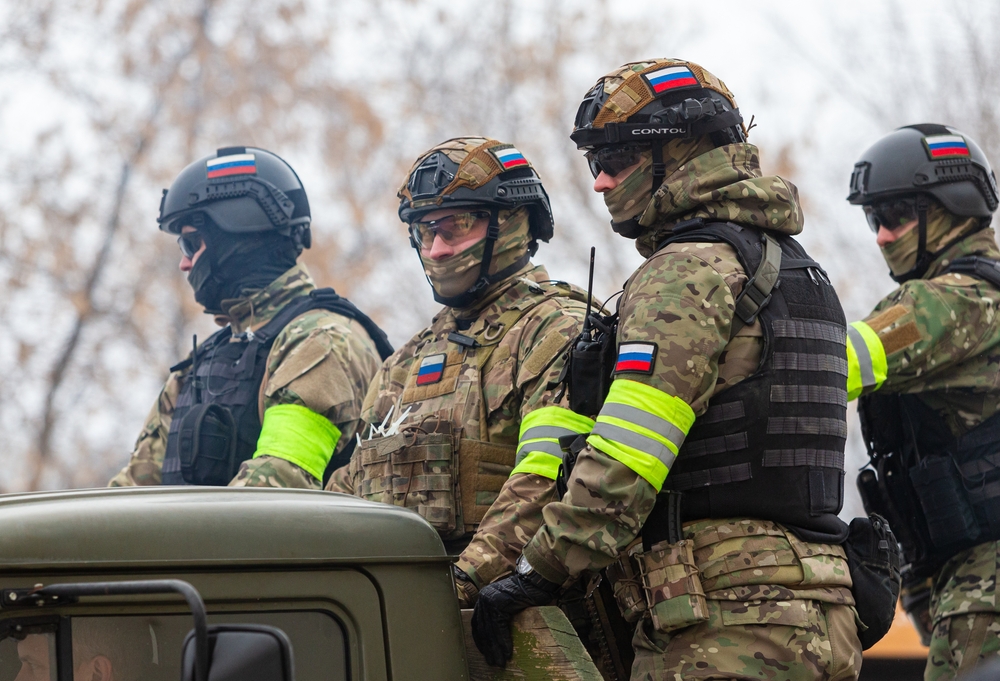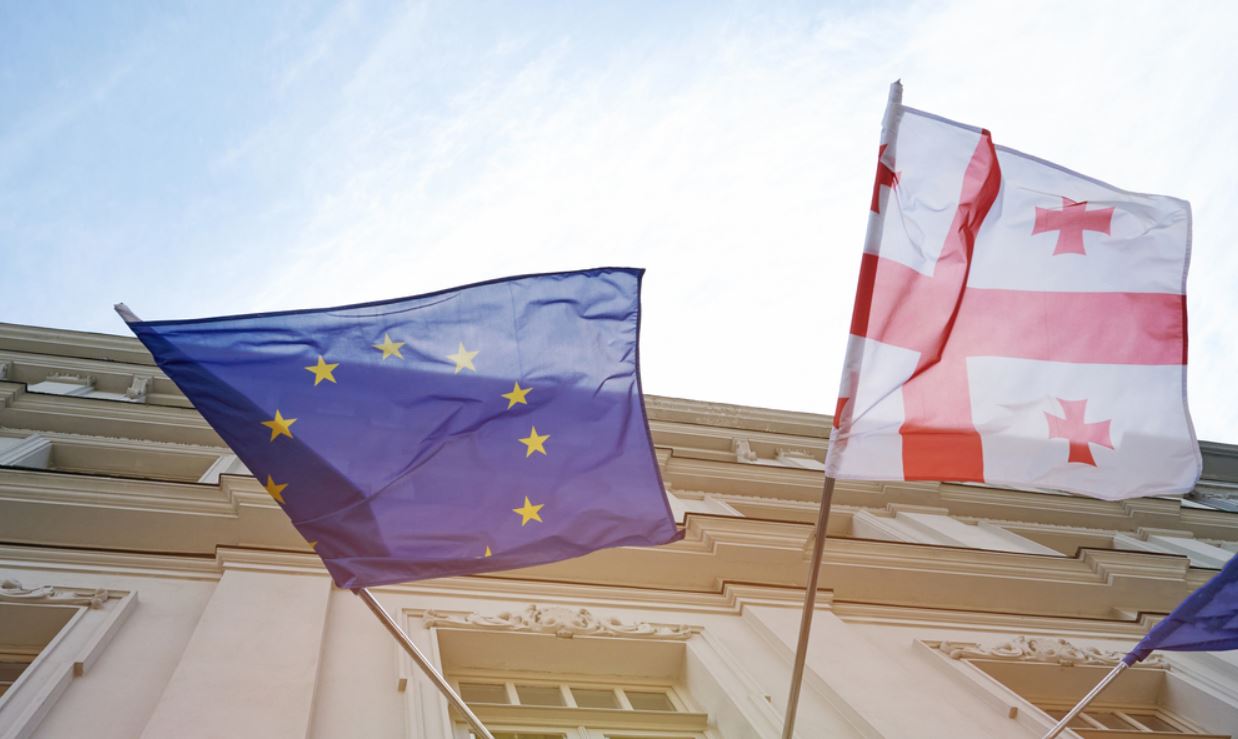Russia/Eurasia Center
Founded in 2005 within Ifri, the Russia/Eurasia Center conducts research and organizes debates on Russia, Eastern Europe, Central Asia, and the South Caucasus. Its goal is to understand and anticipate the evolution of this complex and rapidly changing geographical area in order to enrich public discourse in France and Europe and to assist in strategic, political, and economic decision-making.
Read more


Director of the Russia/Eurasia Center, Ifri
Publications
See all our interventions
Flagship Publications
Titre Bloc Axe
Research Areas
See all our interventions
Titre Axe de recherche
Russian Economy and Society
The Economy and Society research axis within Ifri's Russia/Eurasia Center is interested in economic questions including the impact of Western sanctions on the Russian economy as well as the evolution of society (demography , middle classes, youth, education, opposition, militarization, protest movements, etc.).
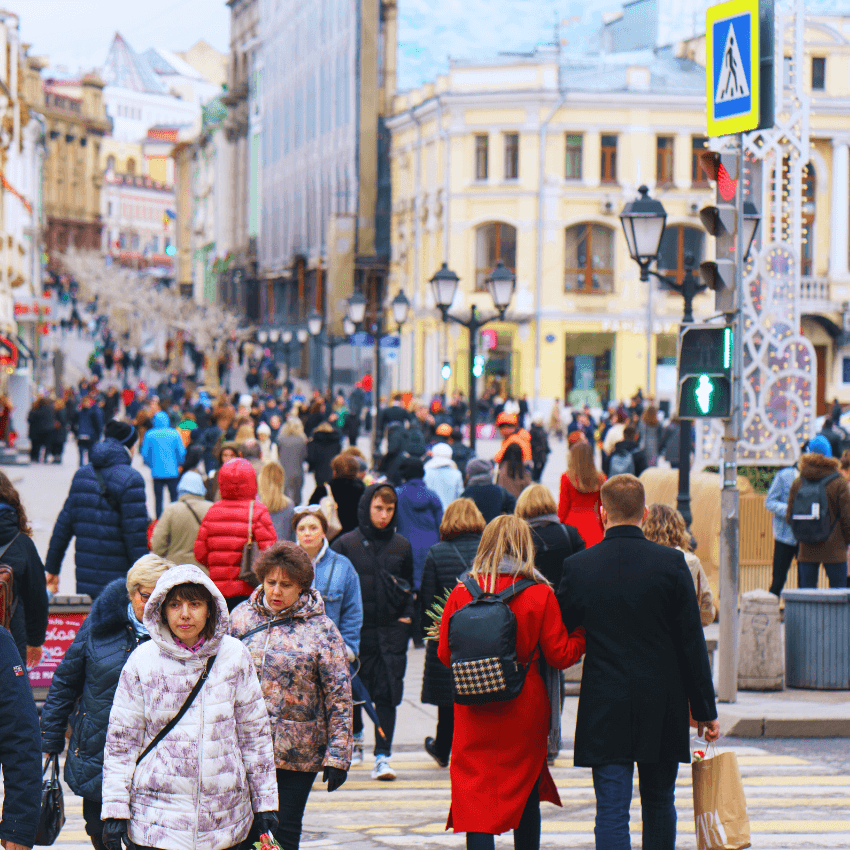
Titre Axe de recherche
Russian Domestic Politics
The Domestic Politics research axis within Ifri's Russia/Eurasia Center analyzes Russian domestic politics, the evolution of the political system and its elites, as well as their relations with society.
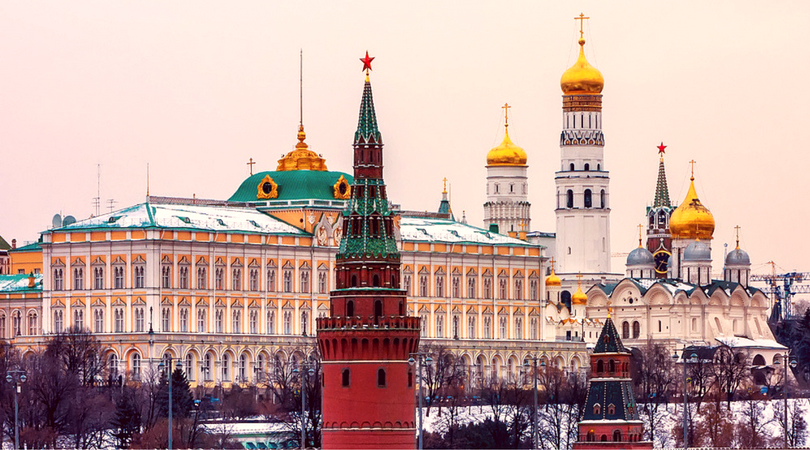
Titre Axe de recherche
Russian Foreign Policy and Defense
The Foreign Policy and Defense research axis within Ifri's Russia/Eurasia Center examines Russia's relations with the former Soviet republics and the rest of the world, particularly the West and China. A specific importance is given to defense and security issues.
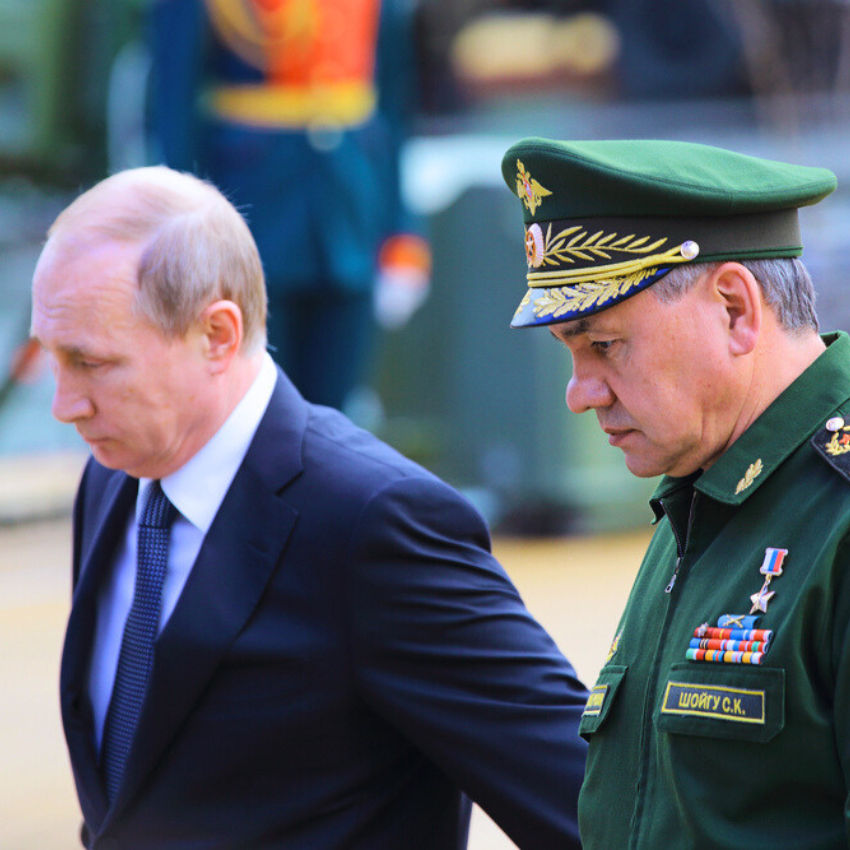
Titre Axe de recherche
Eurasia
The Eurasia research axis within Ifri's Russia/Eurasia Center analyzes internal developments in Ukraine, Moldova, Belarus, Georgia, Armenia, Azerbaijan, Kazakhstan, Uzbekistan, Turkmenistan, Tajikistan and Kyrgyzstan, as well as their relations with the Russian Federation and other regional and global powers.
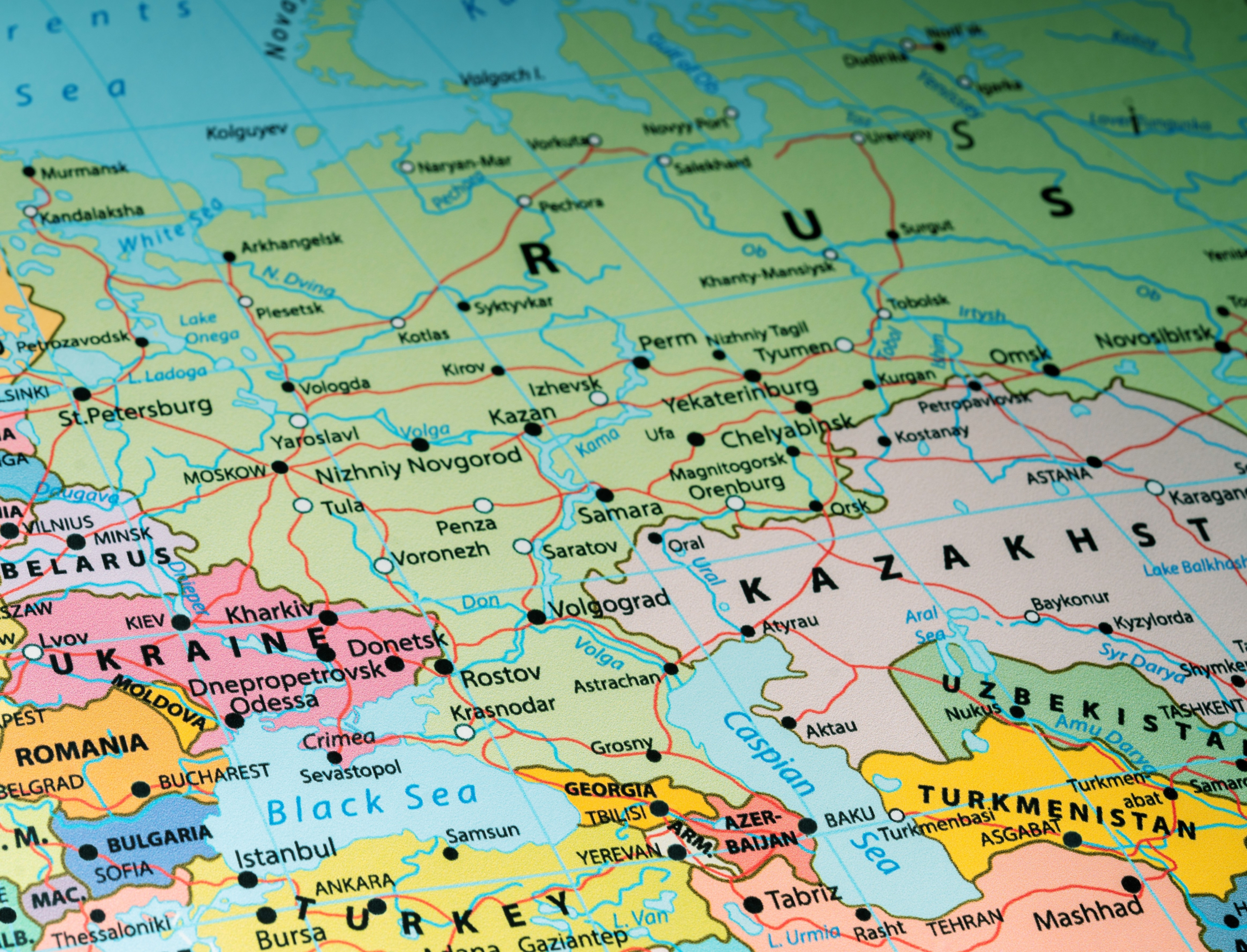
Publications
U.S.-Russia Strategic Partnership against Nuclear Proliferation: From Declaration to Action
Caspian Pipeline Consortium, Bellwether of Russia's Investment Climate?
The Caspian Pipeline Consortium (CPC), a shipper-owned oil pipeline carrying Caspian oil to Russia's Black Sea port of Novorossyisk, remains to this day the only oil export pipeline on Russian territory that is not under the control of the state company Transneft. Completed in 2001, the CPC was, from the start, the product of a fragile balance of power between states eager to maintain control of hydrocarbon flows and private companies able to finance the necessary infrastructure. Despite its economic success, the future of the CPC currently hinges on a shareholding dispute pitting Russia against Western private shareholders. This essay places the CPC dossier in the broader context of Russia's investment climate and argues that the dispute's dynamic is an important bellwether of the Russian energy policy.

The Impact of "New Public Management" on Russian Higher Education
The higher education reform underway in Russia is part of a much broader state reform project. Launched in 2004 at the start of Vladimir Putin's second term, this "administrative reform" grants the federal state the means to reclaim the public sphere, which largely escaped from its control during the 1990s. Energy incomes having considerably improved the public finances in the 2000s, the state can now consider reinvesting in and restructuring the public sphere as a whole. Its involvement cannot be seen as the construction of a "welfare state," but comes rather closer to an entrepreneurial state at the head of sectorial trusts aiming to be competitive on global markets. Such as it appears today, the restructuring of higher education is key to understanding how the formation of this entrepreneurial state is conceived and what possible structural uncertainties could arise.
This paper is based on the seminar presentation "Higher Education in Russia, Potential and Challenges," which took place on 28 January 2008 at the Institut français des relations internationales (Ifri).
Higher Education in Russia: How to Overcome the Soviet Heritage?
Russia's higher education (HE) reform, begun 15 years ago, was intended to provide a response to the challenges of the new post-industrial, high-tech economic development model. During the course of the reform, many of the negative features inherited from the Soviet period (ideologization, complete state-ownership of assets, excessive centralization of decision-making) were overcome. However, many characteristics of the Soviet system have turned out to be highly resilient, right up to today: the separation of science and education, the socio-humanitarian science sector remaining behind the natural and technical sciences, and the gap between the "elitist" and the "mass" segments. In the initial stages, the problems of reform were forced into the background, behind the much more acute problem of survival. The real window of opportunity did not appear until the start of Vladimir Putin's second term as president, when favorable economic (potential to increase budget financing) and political (consolidation of the team of reformers) conditions were created.
This paper is based on the seminar presentation "Higher Education in Russia, Potential and Challenges," which took place on 28 January 2008 at the Institut français des relations internationales (Ifri).
Higher Education, the Key to Russia's Competitiveness
In terms of higher education, Russia displays indicators worthy of enthusiasm: a high level of people benefiting from higher education, an increase in the number of students and the multiplication in the number of higher education establishments. Higher education is increasingly in demand, since diplomas have both professional and social value. This educational boom seems to correspond to the Russian authorities' declared aim to develop a 'knowledge economy'. After a period of crisis during the 1990s, public policy in this domain is gaining strength. Nevertheless, questions remain unanswered: will this policy be pursued after the presidential elections of March 2008 and will it be able to take on the challenge that Russian growth represents?
This paper is based on the seminar presentation "Higher Education in Russia, Potential and Challenges", which took place on 28 January 2008 at the Institut français des relations internationales (Ifri).
Higher Education in Russia. Potential and Challenges
In terms of higher education, Russia displays indicators worthy of enthusiasm.
Armenia, a Russian Outpost in the Caucasus?
Since the fall of the USSR, Armenia and Russia have sealed a strategic pact within the framework of the Collective Security Treaty Organization (CSTO), the military arm of the Commonwealth of Independent States (CIS). This political, military and economic alliance represents the strategic alliance in the South Caucasus, a region in the process of opening up. In the context of the 2008 Russian and Armenian presidential elections, it is interesting to analyze the relationship between these two states.
EU Gas Liberalization as a Driver of Gazprom's Strategies?
Russia and Gazprom's natural gas strategies on the European market are the result of the uncertainties (volumes, prices) created by the liberalization of the EU natural gas market. The company's policy of asset acquisition, begun at the end of the 1990s, the multiplication of export networks, as well as the desire to preserve long-term contracts while benefiting from new contractual opportunities are all clear illustrations of this strategy. Yet the industrial and commercial strategies that Gazprom may develop cannot discount geopolitical issues. Therefore, Vladimir Putin's desire to place hydrocarbons at the service of his economic and foreign policies, notably by making use of large, internationalized companies owned primarily by the state, remains in the background.
High Stakes in the High North: Russian-Norwegian Relations and their Implications for the EU
After the collapse of the Soviet Union, Norway embarked on a policy to overcome old dividing lines in the High North and encourage closer cooperation with Russia, its large neighbor to the east. In addition to being neighbors in the High North - an area that still plays an important part in Russian strategic designs - both countries are important global energy players and share interests in developing energy resources in the area. However, their energy cooperation is influenced by many historical and geopolitical factors and concerns, and their bilateral relationship is strongly influenced by a visible disparity of their respective potentials and by their historically determined perceptions of each other. To what extent their cooperation in the energy sphere will be influenced by these perceptions, and to what extent their energy related interests overlap or collide are a few of the questions addressed in this brief analysis of the developing Russian-Norwegian energy relationship, particularly in light of Gazprom's decision to invite StatoilHydro to join the Shtokman gas field project.
The Team

Our research fellows: Russia/Eurasia Center
Support independent French research
Ifri, a foundation recognized as being of public utility, relies largely on private donors – companies and individuals – to guarantee its sustainability and intellectual independence. Through their funding, donors help maintain the Institute's position among the world's leading think tanks. By benefiting from an internationally recognized network and expertise, donors refine their understanding of geopolitical risk and its consequences on global politics and the economy. In 2025, Ifri supports more than 80 French and foreign companies and organizations.






